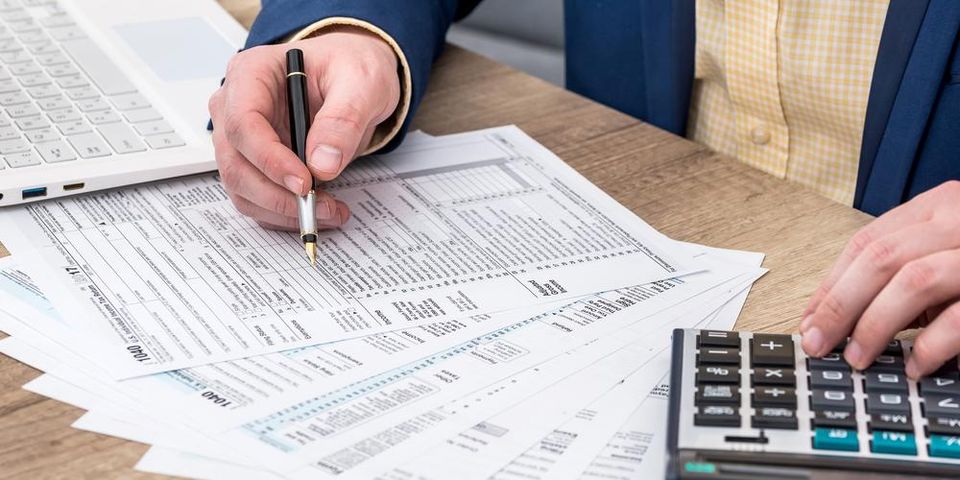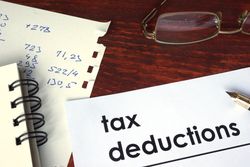What to Know About Filing Taxes as a Freelancer

Working as a freelancer comes with a lot of freedom, but it also means you’re responsible for figuring out your own tax obligations. Unfortunately, this can be an incredibly difficult task to tackle. If you don’t want to end up owing the IRS a substantial amount of money, it’s imperative to know the proper tax preparation procedure to follow when filing as self-employed. Here are a few tips to make sure your taxes are prepared correctly.
How to Pay Taxes as a Freelancer
1. Set Aside Your Self-Employment Taxes
When you work as an employee, taxes for Social Security and Medicare are automatically covered by your paycheck and employer. If you do freelance work, take these taxes into account. This is referred to as self-employment tax and usually makes up about 15% of your income. You will need to deduct this from your earnings and be prepared to pay this amount in addition to your income tax.
2. Estimate Quarterly Taxes
The IRS prefers freelancers to pay the taxes they owe throughout the year. This involves estimating your tax obligation based on your annual projected earnings and dividing it into quarterly payments. This part of your tax preparation can be particularly tricky, as you want to calculate your tax bill accurately to avoid incurring penalties from not paying enough.
3. Learn What Expenses You Can Write Off
 There are many business expenses that the IRS allows freelancers to deduct. However, deductions must be relevant to your specific industry, and you have to produce receipts for everything if you’re asked. In general, you could write off a home office, supplies and equipment, advertising, health care costs, vehicle expenses, and meals and entertainment.
There are many business expenses that the IRS allows freelancers to deduct. However, deductions must be relevant to your specific industry, and you have to produce receipts for everything if you’re asked. In general, you could write off a home office, supplies and equipment, advertising, health care costs, vehicle expenses, and meals and entertainment.
4. Hire a Tax Consultant
There are many complexities involved in freelance tax preparation. It’s in your best interest to rely on an experienced tax consultant for guidance and advice. They will ensure you comply with the law to reduce your risk of an IRS audit. They may also know of additional ways you can save on your tax bill that you aren’t aware of.
Tax preparation can be complicated, and failing to understand the correct filing process for freelancers may cost you quite a bit when it’s time to report your income. This is why many residents in and around Litchfield, CT, find it beneficial to utilize the professional tax services of Dianne M. Saunders, CPA. For more than 25 years, her accounting firm has been entrusted to help clients minimize their tax liabilities and file with peace of mind. Contact the office by calling (860) 567-3022 to discuss your tax situation, or visit them online for more information.
About the Business
Have a question? Ask the experts!
Send your question

